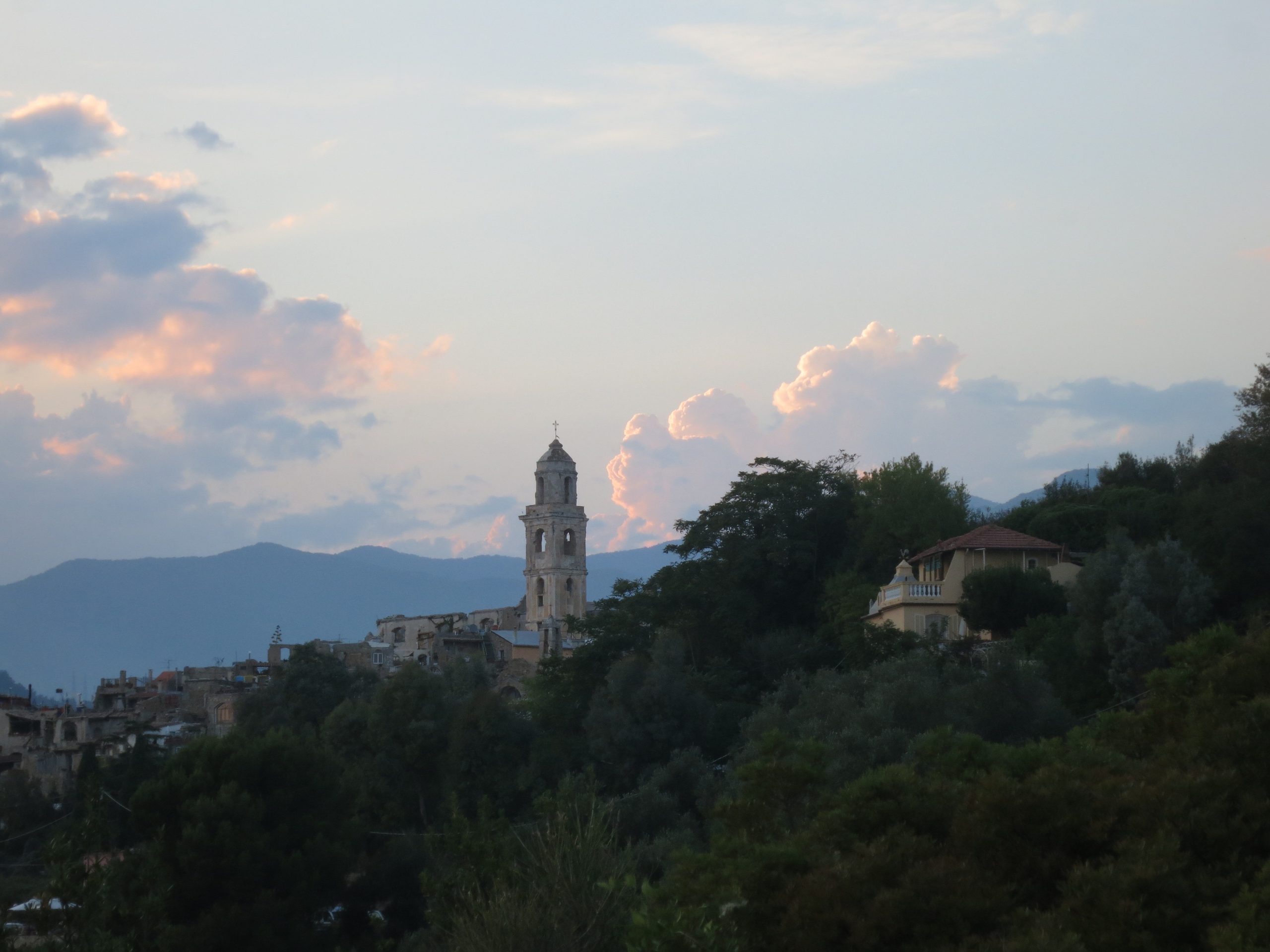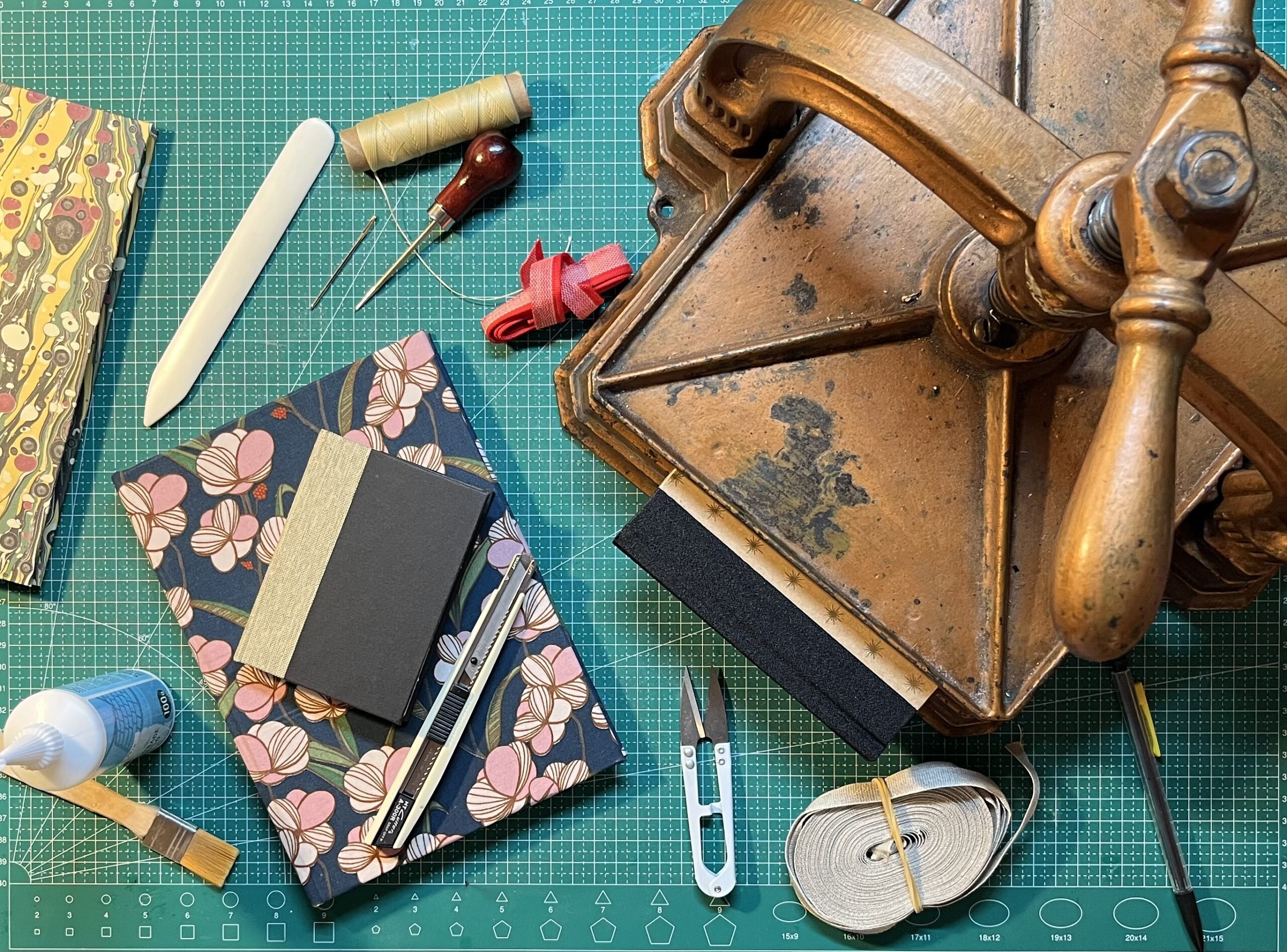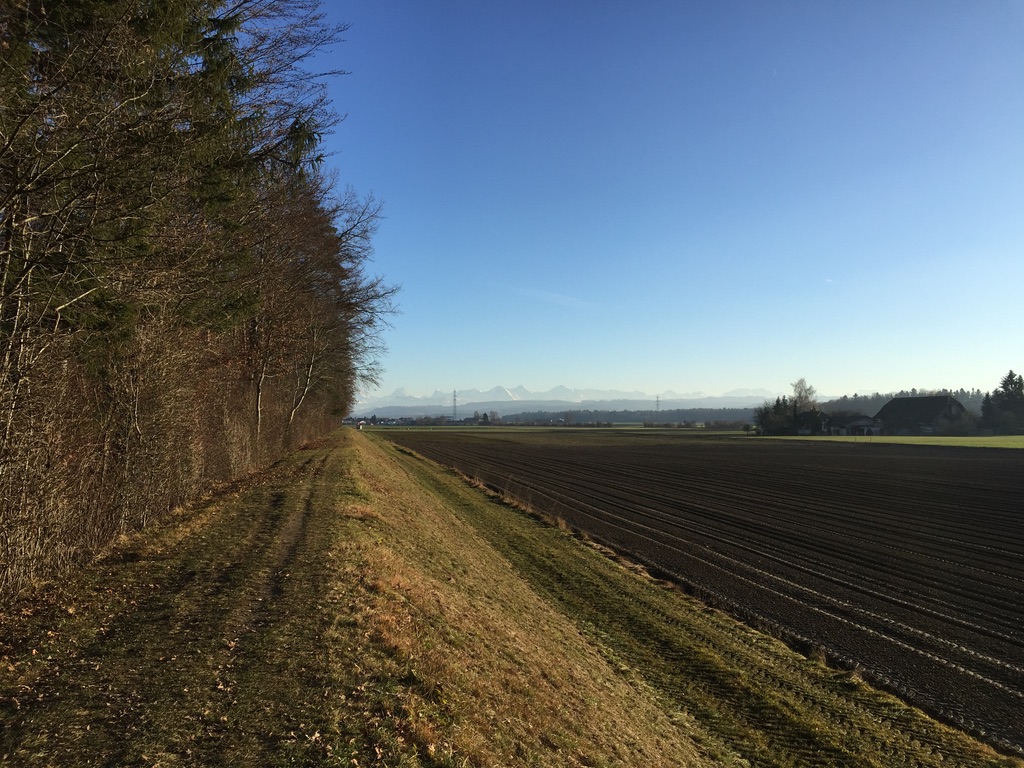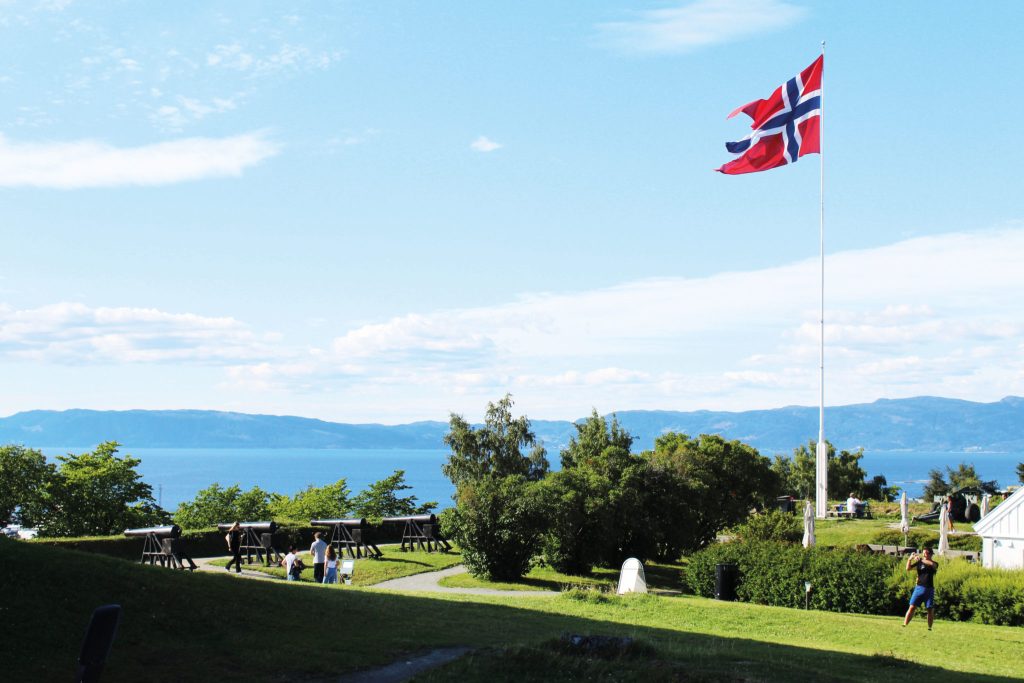
When I learned of Mladen’s death, I didn’t have any emotional reactions. It was a December evening when I opened Facebook without giving it too much thought. Often when I’m supposed to be productive, I open a few apps on my phone only to realize that I don’t get anything apart from trivial updates that keep me entertained for a few seconds. And usually, I can then put myself together and get back to work, but sometimes I am stubborn, so I need this confirmation a second time on my computer. I thus opened Facebook and the first thing that jumped at me was a monochrome photograph of him, posted by his partner. Because of the timeless style, it could have been older, but his features quickly gave away that it must have been shot recently. He looks to the side, almost a bit melancholically. Through his open linen shirt his chest hair is visible, and out of his mouth, white cigarette smoke rises to the top of the frame. The bright shirt contrasts with his dark hair. A few white strands in his hair point to his age.

Ein Essay für das Forschungsseminar “Theorie und Praxis des Essays” an der Universität Basel, geleitet durch Dr. Caspar Battegay, in dem ich philosophisch über mein neustes Hobby – das Bücherbinden – reflektiere.
Den Buchblock spanne ich sorgfältig in die hölzerne Buchbindepresse, so dass die mit gewachstem Leinenfaden handvernähten Lagen nicht verrücken. Langsam drehe ich die faustgrossen Griffe im Uhrzeigersinn und spanne den Block ein. Genug Druck, damit der Klebstoff nicht wieder auf die Seiten sickert, doch nicht zu viel, um zu verhindern, dass sich der Block verformt. Mit PVA trage ich die erste Leimschicht auf den Buchrücken. Während diese antrocknet, mache ich mir einen Tee. Nach einer guten halben Stunde trage ich die zweite Schicht auf und befestige anschliessend das Kapitalband an Kopf und Fuss des Rückens—mittlerweile blosse Routine. Es ist der nächste Schritt, der über Scheitern und Gelingen entscheidet. Ich bestreiche die Vorsätze, die den Buchblock nur an einem schmalen Streifen umfassen, mit einer hauchdünnen Schicht Leim. Zu viel und das Papier reisst beim Andrücken mit dem Falzbein. Langsam befestige ich den ersten Vorsatz am Vorderdeckel und wiederhole das Ritual am Ende des Buches. Dieses Mal gelingt alles und mit Genugtuung lege ich das fertige Buch in meine auf Ricardo erworbene Buchpresse aus Gusseisen.

A post from my Medium Profile, which I used for a short time to get rid of excess creativity and an urge to write during a less inspirational phase of my studies.

You can now read and download my master’s thesis with the pretentious-sounding title “Epistemological (Un)certainties: The Literary Journalism of William T. Vollmann and Johny Pitts as a Challenge to Objective Journalism” on NTNU Open by clicking this link, or read the abstract below:
The genre of literary journalism combines literature’s imaginative ways of creating narratives with journalism’s focus on accurately describing reality. This twofold orientation challenges the norms of objective journalism, a genre of writing that has come under increasing critical scrutiny. By analyzing William T. Vollmann’s Riding Toward Everywhere (2008) and Johny Pitts’ Afropean (2019), this thesis explores a selection of the techniques literary journalists employ in practice and how they offer alternative ways of imagining reality. Both authors display an increased self-reflectivity, which allows for a more transparent construction of the world through language. Their overt involvement in the text can be seen on different levels as they use their works for autobiographical self-realization and situate their writing within a wider cultural trajectory. Similarly, both authors reflect on their immersion within the environment and point to the epistemological possibilities and limitations of their writing. Yet despite the commonalities, the two publications have a different focus: while Vollmann’s work is riddled with epistemological doubts that question common-sensical understandings of both literature and journalism, Pitts has a more activist agenda and raises awareness about African European communities.

Thank you to my friend Stine Mari for conducting this short interview with me 💚 You can read the original (with awkwardly staged photos) on her website.
I should start by saying that I am originally from Switzerland, however I have lived in Norway for the past three years to study. I really love languages, so in addition to speaking German (my mother tongue), English and Norwegian, I also have varying degrees of fluency in French, Russian and Polish. I can also hold a basic conversation in Italian, which is useful.

Ich eile den Hügel hinauf zur Kristiansten Festning, die alte Festung ist eines der wenigen Wahrzeichen Trondheims. Wir haben uns um 16 Uhr verabredet und ich bin etwas spät dran, denn was auf Google Maps wie ein lockerer Spaziergang aussieht, verwandelt sich mit der hiesigen Topografie schnell in eine regelrechte Wanderung. Dort angekommen treffe ich sogleich auf eine Gruppe anderer mutmasslicher Studierender, die etwas ratlos umherwandern. Ich bin erleichtert; scheinbar bin ich nicht der Einzige, der auf der Suche nach den sogenannten Faddern ist. Mich treibt es nach Trondheim, um an der NTNU (Norwegens Technisch-Naturwissenschaftliche Universität) mein Masterstudium zu beginnen.